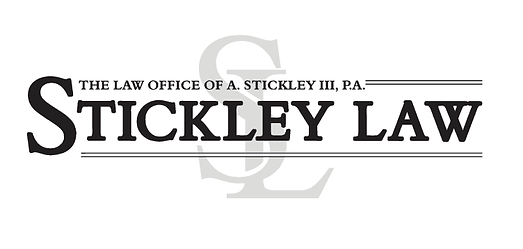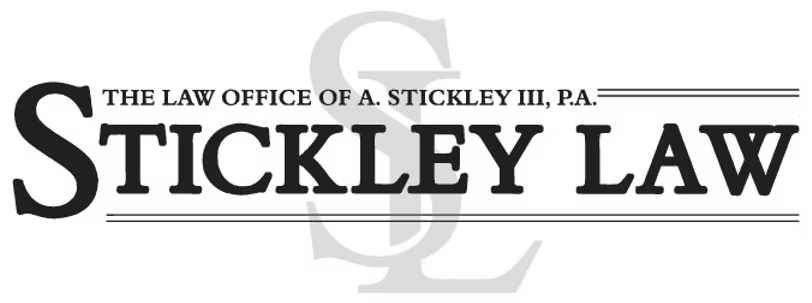Managing Daily Life: Guardian of the PersonNavigating the complexities of care for a loved one can be daunting, especially when it comes to making informed decisions about guardianship....
Managing Daily Life: Guardian of the Person
Navigating the complexities of care for a loved one can be daunting, especially when it comes to making informed decisions about guardianship. Understanding the role of a Guardian of the Person is crucial if you find yourself managing daily and personal care decisions for someone who can't do so on their own. For minors, this involves responsibilities like feeding, clothing, schooling, and ensuring health care needs are met. In the case of adults, this could mean handling medical appointments and residential decisions. For example, if your elderly parent can't manage their own medical visits, a Guardian of the Person would be responsible for coordinating these. Handling Finances: Guardian of the Estate
When it comes to managing the financial affairs of a loved one, a Guardian of the Estate takes charge. This guardian is tasked with paying bills, managing finances, and protecting property, all under the watchful eye of the court. A person in this role might be responsible for placing a loved one's assets in a "blocked account" to ensure they are protected and used appropriately for their care. Imagine having to manage rent payments and utilities for someone who can't handle their financial matters—this responsibility would fall under the Guardian of the Estate's purview. Unified Care: Combined Guardianship
Sometimes, a judge might find it beneficial for one individual to manage both personal and financial matters of a ward, which is where combined guardianship comes into play. However, courts may also opt to appoint separate individuals for each aspect—providing checks and balances while considering the best interest of the person needing care. For example, one guardian could manage medical decisions, while another oversees financial investments. Legal Distinctions: Guardianship vs. Power of Attorney
While guardianship is court-appointed and often involves more complex court oversight, it's essential not to confuse it with a power of attorney (POA). A POA is a voluntary legal arrangement made by a competent person, while a guardianship comes into play when there's no prior legal authority in place. If someone has a financial POA but not a health care POA, a guardian may still be necessary to make medical or personal decisions. Important Considerations and Changes
Guardianship is not a static arrangement. Guardians can be changed, but only with court approval. It’s also important to know that court involvement is a consistent part of guardianship, requiring ongoing oversight in all cases. This legal involvement, while sometimes complex, is designed to protect those who cannot make decisions for themselves.
Embarking on the journey of guardianship is significant and often layered with legal intricacies. By understanding these facets, you can make informed decisions that empower and protect your loved ones. If you're uncertain about the best path forward, consulting a legal professional can help tailor a plan that ensures both care and financial stability for those you hold dear.

